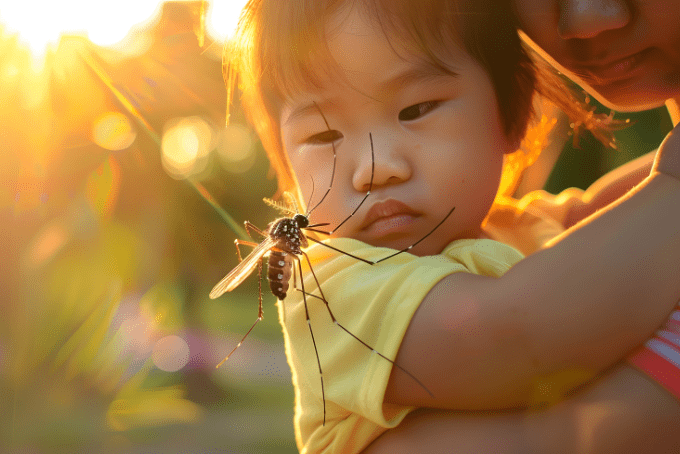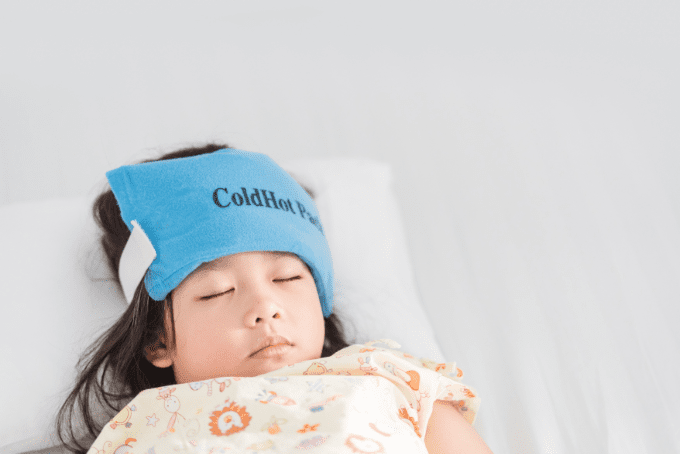
As October marks the arrival of autumn and the Double Ninth Festival, many people are likely to choose to return to their hometowns to pay respects at ancestral graves.With the ongoing trend of traveling north, residents from Hong Kong are flocking to major cities in Guangdong Province such as Shenzhen, Guangzhou, Zhongshan, and Foshan prior to the holiday, not only to indulge in the local cuisine but also to engage in 'outdoor City Walks'.
However, it is important to note that the number of dengue fever cases in Guangdong has been steadily rising. According to the Centre for Health Protection, DH, over 2,000 locally transmitted dengue cases had been recorded as of September 22, with Foshan, Guangzhou, and Zhongshan reporting the highest numbers. Therefore, residents from Hong Kong planning to visit these cities should exercise caution, as they may be at risk of contracting dengue fever without being aware of it. The early symptoms of dengue fever resemble those of influenza, leading many people to confuse the two. How can people recognize whether they have contracted dengue fever, and what preventions should be taken?



















